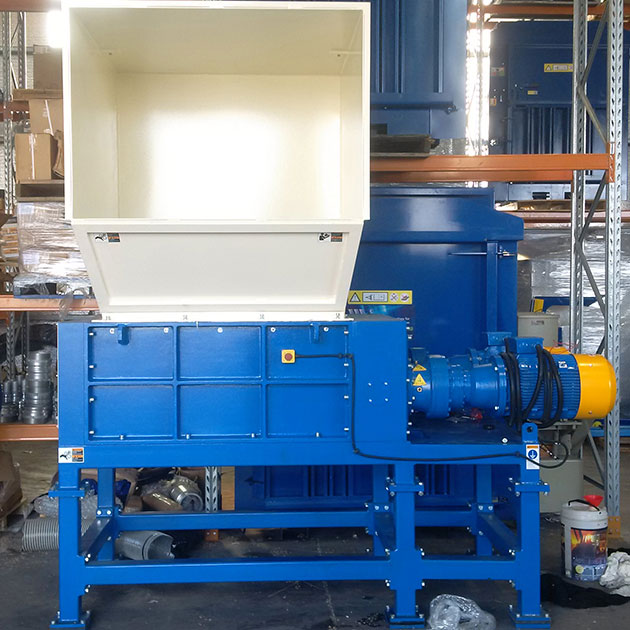Demystifying the Mechanics and Applications of Shredder Technology
In the industrial processes, shredder technology stands as a pivotal
innovation that has revolutionized various sectors. The utilization of
shredders, including plastic and general shredding devices, has redefined the
landscape of waste management, recycling, and material processing.
Understanding Shredder
Machines:
At its core, a shredder machine
is a powerful apparatus designed to reduce the size of various materials
through the process of shredding. Shredders achieve this by employing sharp
blades or cutting mechanisms to break down materials into smaller fragments or
particles. The versatility of shredder technology enables its application
across a wide spectrum of industries, ranging from plastics and metals to paper
and textiles.
1. Plastic Shredders:
Plastic waste has emerged as a global environmental challenge,
highlighting the importance of effective recycling methods. It plays a crucial
role in addressing this issue by breaking down plastic materials into
manageable pieces. The shredded plastic can then be repurposed for various
applications, such as manufacturing new plastic products or producing fuel. Plastic shredders are equipped with
robust blades that can handle different types of plastics, from rigid to
flexible, contributing to the reduction of plastic waste in landfills and
oceans.
2. Shredding Machines in
Recycling:
The recycling industry relies heavily on shredding machines to process diverse materials efficiently.
Shredders are utilized to prepare materials for further processing,
facilitating the extraction of valuable components. For instance, in electronic
waste recycling, shredding devices break down discarded devices into smaller
pieces, making it easier to recover precious metals and other recyclable
materials.
Applications of Shredder
Technology:
1. Waste Management:
Shredders play a vital role in waste management systems, particularly in
reducing the volume of bulky waste before disposal. Large items such as
furniture, appliances, and tree branches are processed by shredding, making
them more manageable for transportation and disposal. This not only optimizes
landfill space but also minimizes the environmental impact of waste disposal.
2. Document Destruction:
In a world where data privacy is paramount, shredding is indispensable
for secure document destruction. Sensitive documents are shredded into fine
particles, rendering them virtually impossible to reconstruct. This practice
ensures the confidentiality of personal and proprietary information, preventing
identity theft and safeguarding sensitive data.
3. Agriculture and Biomass
Processing:
In the agricultural sector, shredder technology finds application in processing crop residues and organic waste. Shredding breaks down agricultural waste into smaller particles, which can then be utilized for composting or bioenergy production. This not only reduces the environmental impact of waste but also contributes to sustainable agricultural practices and renewable energy generation.
4. Cardboard Crusher
Machine Price:
In industries dealing with packaging and logistics, cardboard crusher
machines play a pivotal role. These machines, often equipped with shredding
capabilities, break down cardboard boxes and packaging materials, reducing them
to compact bales. The cardboard crusher
machine price varies based on factors such as capacity, features, and
brand. Investing in a quality cardboard crusher machine can lead to long-term
cost savings by optimizing waste management processes.
As we continue to seek sustainable
solutions for material processing and waste reduction, the mechanics of
shredder technology will undoubtedly remain at the forefront of innovation,
reshaping industries and contributing to a more environmentally conscious
future. Visit https://wasteinitiatives.com.au/ to know more!





Comments
Post a Comment